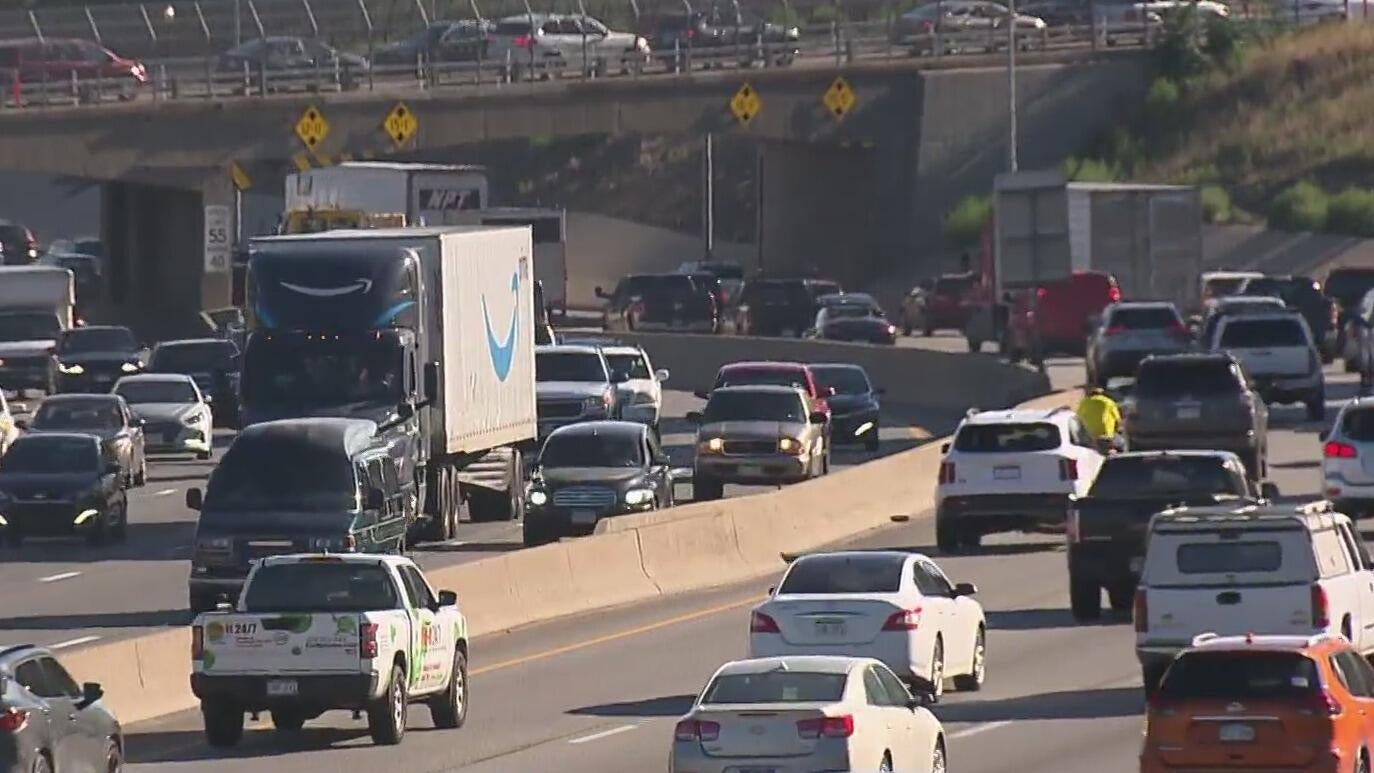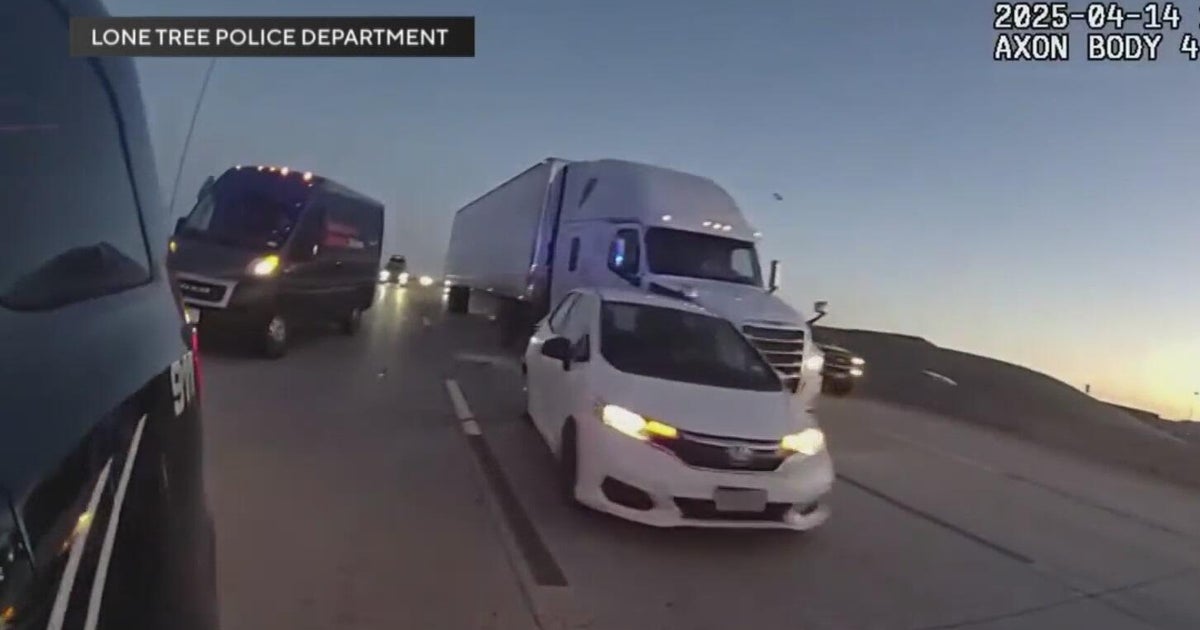Colorado gets C-minus on infrastructure in latest report card from American Society of Civil Engineers
Colorado has received a grade of C-minus on its , according to the American Society of Civil Engineers.
The report evaluated 14 infrastructure categories, including aviation, bridges, dams, drinking water, energy, levees, parks, rail, roads, schools, solid waste, stormwater, transit, and wastewater.
"Colorado's overall infrastructure grade remains a C-, unchanged from 2020, signaling persistent challenges and urgent needs despite areas of progress," the report read.
According to the ASCE, Colorado's population has grown by 39% since 2000, which has led to more vehicles on the road, increased traffic congestion, and additional wear and tear on infrastructure. The report also examined the time and money drivers lose while sitting in traffic.
One section of the report highlighted the following key findings:
- Aging Infrastructure: From schools averaging 41 years old to wastewater and drinking water systems exceeding their design life, aging assets are a recurring theme. Deferred maintenance and limited funding are compounding long-term risks.
- Climate Resilience: Wildfires, floods, and droughts are testing the limits of Colorado's infrastructure. Levees, stormwater systems, and energy grids are particularly vulnerable, underscoring the need for climate-adaptive planning and investment.
- Funding Gaps: Despite new legislation and federal support, many sectors; especially roads, transit, and water systems face significant funding shortfalls. For example, Colorado's roads cost drivers $1,705 annually in wear and tear, more than double the national average.
- Innovation and Progress: Bright spots include the expansion of renewable energy (now 41% of electricity generation), bridge construction innovations, and the economic impact of aviation, which now contributes over $71 billion annually. Transit agencies are also embracing new models and technologies to improve access and efficiency.
- Equity and Access: Rural and underserved communities face disproportionate challenges, particularly in education, water quality, and transit access. New policies, such as House Bill 24-1448, aim to address these disparities, but implementation will take time.
Each category was individually graded, highlighting deficiencies and offering recommendations for improvement.
"There's great excitement for infrastructure here at DIA, but we also need to think about it all over the world -- and how climate change is impacting it," Denver International Airport CEO Phil Washington said in response to the report.
You can read the full report card here:






